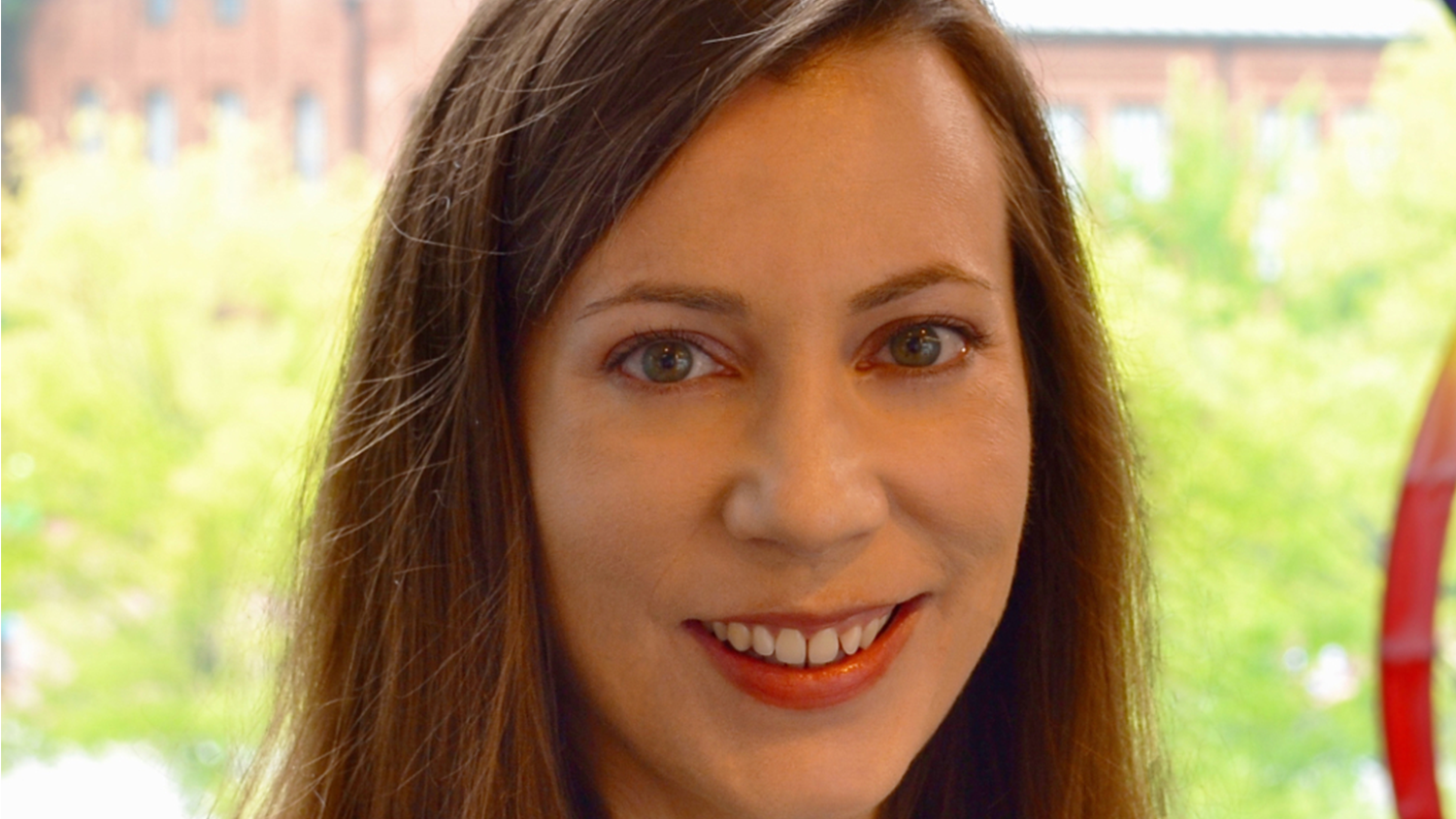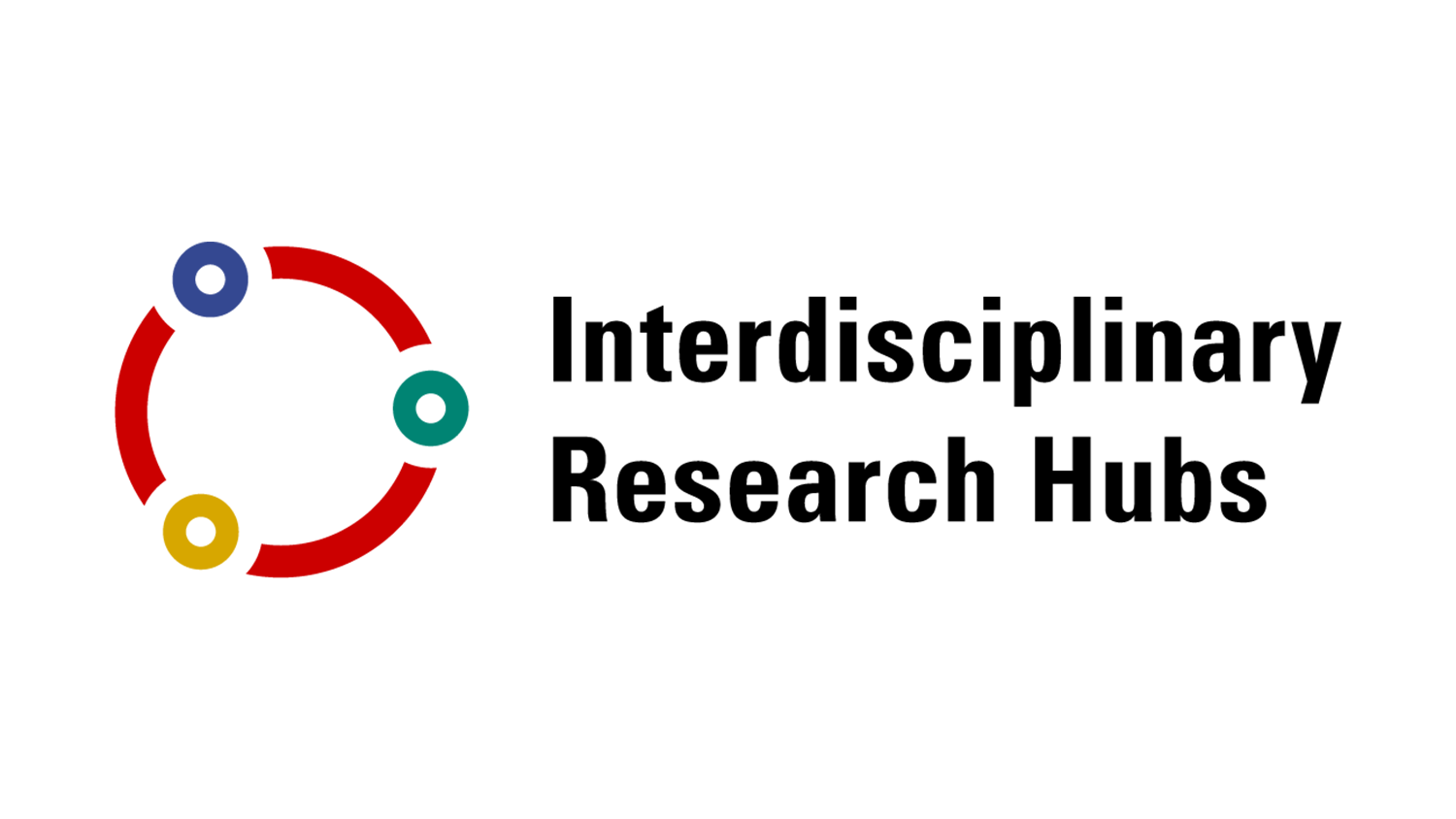IDEALS Project Study Reveals How College Students Are Bridging Polarizing Differences

Colleges and universities have been recently characterized as hotbeds of polarization and political tribalism, yet a new study provides hope that future generations can overcome division and embrace differences.
The latest findings from the Interfaith Diversity Experiences and Attitudes Longitudinal Survey [IDEALS] highlights the impact that close inter-worldview friendships — friends who have different religious traditions, political ideologies or guiding philosophies than one another — have on student interfaith development and attitudes in the first year of college.
The findings, compiled in a report called “Friendships Matter,” revealed that, in some cases, gaining an inter-worldview friendship doubles the percentage of first-year students who are highly appreciative of the worldview of their new friend.
What’s more, researchers discovered an overall effect where students in inter-worldview friendships also generally developed positive attitudes towards others of all worldviews. For instance, making a close atheist friend encourages students, on the whole, to become more appreciative of Buddhists, Evangelical Christians, Hindus, Jews, Latter-Day Saints, and Muslims at the same time.
[spotlight-box label=”” img=”” heading=”Alyssa Rockenbach Honored for Work on IDEALS Project” cta=”Read More” url=”https://ced.ncsu.edu/news-new/news/2019/08/21/professor-alyssa-rockenbach-to-receive-applied-psychology-of-religion-and-spirituality-award-for-work-on-ideals-project/”]Alumni Distinguished Graduate Professor Alyssa Rockenbach, Ph.D., will receive the Applied Psychology of Religion and Spirituality Award in August 2020 for her work on the IDEALS Project. The award is given annually to recognize an outstanding investigator in research or implementation of psychology of religion and spirituality in applied areas.[/spotlight-box]
The study also suggests that, when tested, these friendships showed resilience. Nearly two-thirds of first-year college students maintained friendships despite incompatible worldview differences. Many first-term college students who had disagreements with friends regarding religion or politics remained friends.
“Though our nation is becoming more diverse in every possible way, there are too many examples of difference being divisive rather than constructively engaged. A report like this shows that another way is possible – that friendships really matter, that campuses can facilitate positive interactions that lead to lasting relationships, and that all of this can strengthen our diverse democracy,” says Eboo Patel, the founder and president of Interfaith Youth Core (IFYC).
Alyssa Rockenbach, Ph.D., Alumni Distinguished Graduate Professor of Higher Education at the NC State College of Education and a co-principal investigator on IDEALS, added, “It is vital for colleges and universities to encourage inter-worldview friendships to help inspire a new generation of compassionate, open-minded people who are prepared to engage diversity productively in their communities and workplaces.”
A few of the highlights from the study found:
- Sixty-four percent of students who had no inter-worldview friendships when they began college made at least one friend in the first year (and 20% of this group reported making five or more friends).
- Fifty-two percent of students report having a significant disagreement with a friend about politics and remaining friends. Nearly two-thirds of first-year college students (64%) affirm that they stayed close to someone they cared about even though their religious or non-religious perspectives were incompatible.
- Overall, inter-worldview friendships have a positive impact on students’ pluralism orientation, appreciative knowledge and commitment to their own worldview.
About the Interfaith Diversity Experiences & Attitudes Longitudinal Survey (IDEALS)
IDEALS is a partnership between IFYC and co-principal investigators Alyssa Rockenbach, Ph.D., Alumni Distinguished Graduate Professor of Higher Education at the NC State College of Education, Matthew Mayhew, Ph.D., William Ray and Marie Adamson Flesher, professor in educational administration at The Ohio State University; along with their teams. IDEALS tracked over 20,000 entering first-year students — from 122 U.S. diverse colleges across the country, including public, private nonsectarian and religiously- affiliated colleges and universities of varying sizes — throughout their collegiate career (2015-2019) with over 7,000 of those students responding at the end of their first year of college. The purpose of the study is to address higher education’s need for quality research into student encounters with religious, spiritual and worldview diversity – a phenomenon studied less often in diversity work.
IDEALS is a mixed-methods study that explores religious and worldview diversity in college by examining students’ collegiate experiences and their relationship with interfaith learning and development. Specifically, the study addresses the following research questions:
- What is the interfaith potential in this generation of college students?
- How do students’ interfaith attitudes and behaviors change during college?
- Which educational interventions have the greatest impact on interfaith learning and development?
[button]Read the Full Report[/button]
- Categories:


